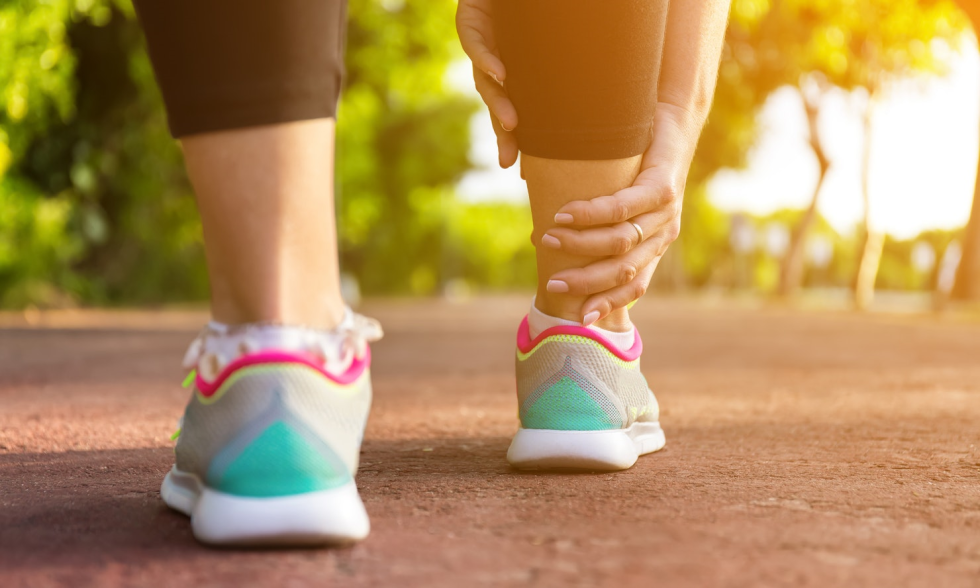
Did you ever wake up and feel like you were bloated or retaining water? The first things to consider is whether or not you’ve had too much salt. Excess salt can make your body, which in turn can raise your blood pressure. The higher your blood pressure, the greater the strain on your heart, arteries, kidneys, and brain. Over the long term, this can lead to any number of conditions such as heart attacks, strokes, dementia, and kidney disease, not to mention, obesity.
Many think that if you don’t literally put salt on something, that it is healthy to eat. What you may not know, is that many of the foods and drinks already have a high sodium (salt) content. Certain “hyper-palatable ” (fancy word for processed and tasty) foods that you might not even think of as “salty” can be loaded with sugar AND sodium. Some possible issues to address when you are are eating and drinking things that leave you bloated or swollen.
–Not drinking enough water
More than likely, you are drinking too little water. When you’re dehydrated, your blood vessels enlarge, leading to a swollen stomach, face, and even hands and ankles. To avoid waking up as a human balloon, drink a tall glass of water at night before you hop into bed, and kick off your day with some water (preferably with lemon).
–You are consuming too much artificial sweetener
The reason artificial sweeteners don’t have any (significant) calories is because 1) they actually taste sweeter than regular sugar but more importantly 2) they can specifically bypass absorption in your small intestine and instead go straight to your colon, where they ferment with the gut bacteria — leaving you with gas and a bloated tummy.
–Eating too fast
If you’re the kind of person who speeds through meals, you might be dealing with a swollen abdomen from time to time, due both to overeating and swallowing more air with your food as you chomp down. Take your full lunch hour to chew slowly and actually enjoy that sandwich of yours.
–Drinking Alcohol
Going hard on alcohol can also be a culprit for various swollen body parts. Drinking a lot of alcohol, especially the heavier options such as beer and wine, are very similar to eating a large, rich meal. This makes you and your stomach feel very full. Excessive amounts of alcohol also tear up the lining of your stomach, which leads to inflammation, then bloating.
– Eating processed foods
Although tasty, TV dinners, canned soup or vegetables, condiments, and sauces can cause bloating. These are among the “hyper-palatable” food I mentioned earlier that contain a high amount of sodium and cause the body to retain more water. This often happens because our bodies are trying to dilute salt to maintain a balance of electrolytes.
–Eating fast food
Just like other processed foods, fast food options tend to be loaded with sodium. That’s how they manage to be so fast. They are preserved and it allows you to get your food in a very short amount of time. Many times, the food is already made or processed and that is why it takes such a short amount of time.
–Carbs, carbs…and more carbs
Pasta, bagels, cereal, rice and other foods that have a high amount of carbohydrates tend to cause your body to store three times more water compared to protein. Instead of loading up on carbs, add more lean proteins like chicken breast or salmon.
–Carbonated drinks
Pop, fizzy water or other carbonated beverages can also cause excessive bloating. If you’re hooked on your daily Diet Coke, you may also want to leave the can open before drinking it, or gently shake it to let out some carbonation. Adding ice can also cut carbonation.
It seems like there is nothing left to eat. Not true. Low salt foods or salt substitute spices are in many things. There are actually foods that help you get rid of your bloating and swollen.

So, what relieves bloating? Eating vegetables cooked versus raw actually reduces the amount of gas your body produces while digesting. The process of cooking breaks down some of the tough fibers so your body doesn’t have to. Studies have found that garlic stimulates digestion. It is also considered an antifungal, antiviral and antibacterial food that can help our bodies break down foods that lead to gas. Drinking water will help you flush excess salt in your body while keeping things moving. The more water you drink, the better.
Studies have found, also, that drinking ginger, peppermint or fennel tea helps reduce bloating as well. You can take these in herbal supplement forms, but it is best to consult a doctor before you do.
Fresh chicken and salmon are also great for digestion, not to mention, less sodium.
And let’s not forget exercise. Getting your heart rate up can help flush out the toxins in your body that have been stagnant for a while. Yoga is a good place to start, as it’s known to deflate many different swollen parts of your body, including your feet, legs, and abdomen.
Even if certain foods don’t have a lot of calories, check out the sodium content and be aware that your body may be storing all of that fluid, which, in turn, will make you feel bloated, and weigh more. If you are seeing slower results than you like, following these tips may make the difference for you. You don’t have to eat perfectly to benefit from a better understanding of “healthy eating”, being aware of the effects of excess sodium can help you moderate your eating where needed to avoid them.
